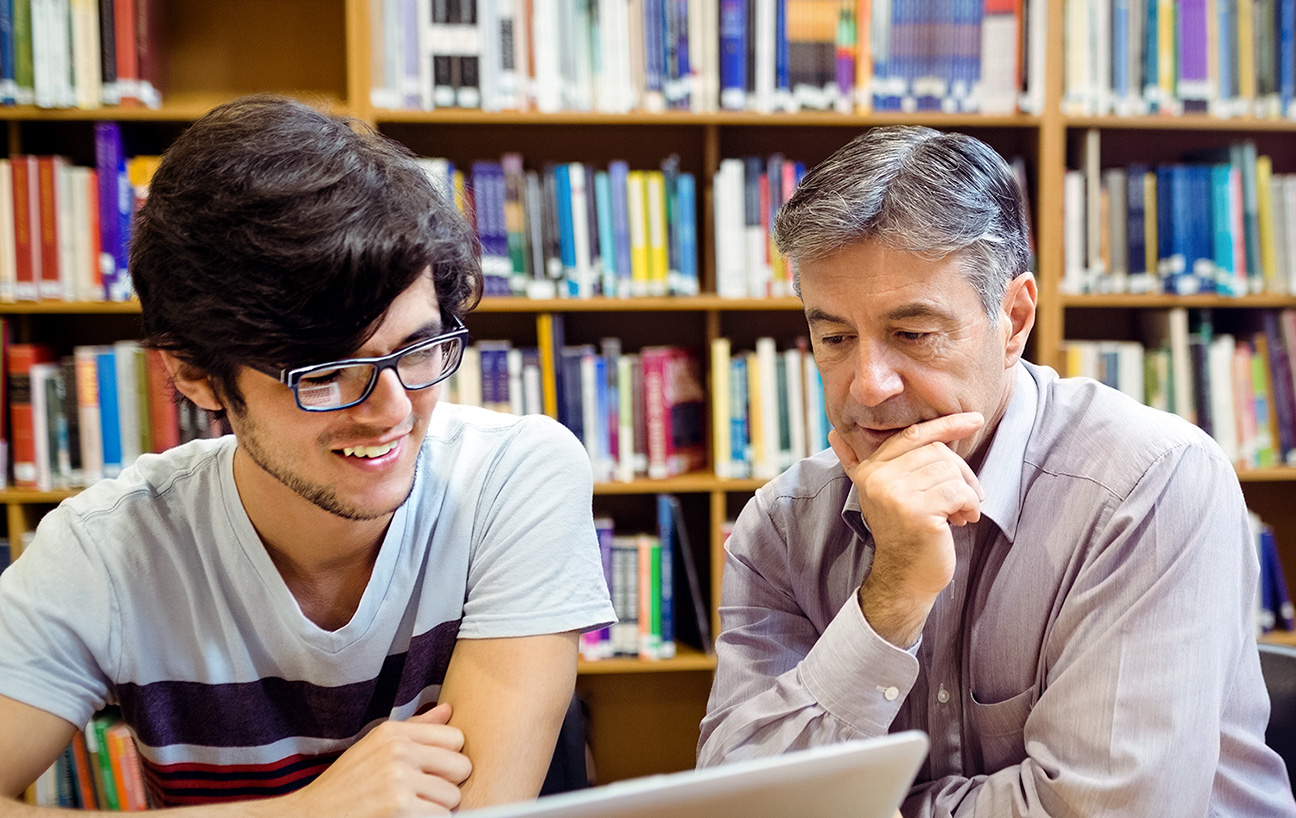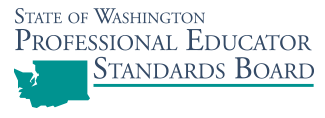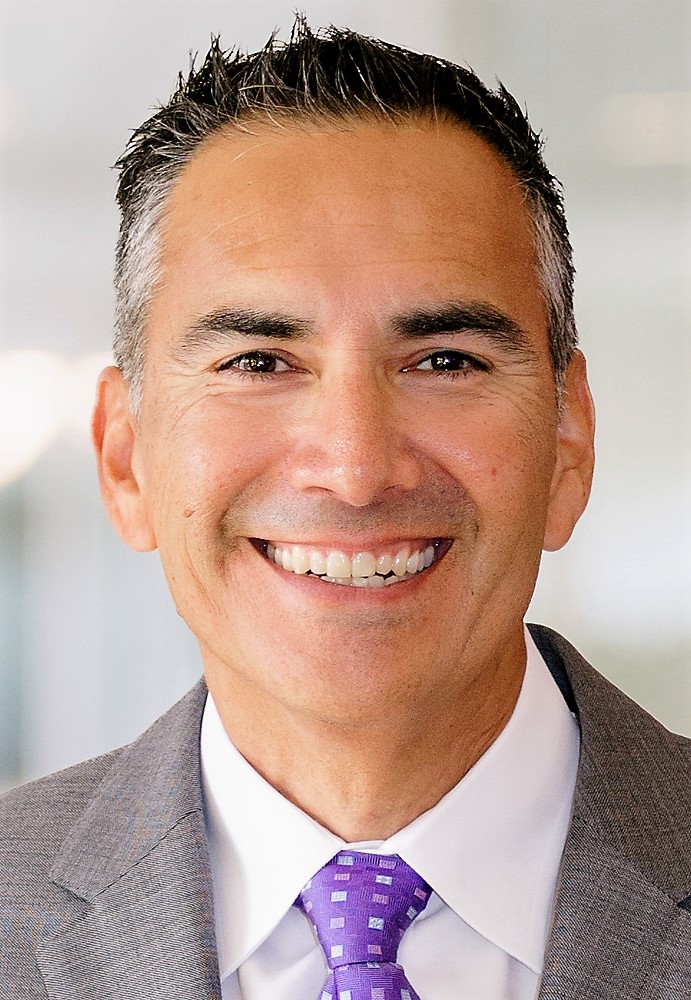
By Douglas Esser
The University of Washington Bothell is helping some Snohomish County school districts grow their own teachers.
UW Bothell is part of a K-16 partnership with Everett Community College and the public schools in Everett and Marysville to develop their own students into future teachers who more closely reflect their diverse and multilingual communities.
Planning by the four institutions won a $177,000 grant from the Washington Professional Educator Standards Board (PESB) to the Everett School District. The money funds a two-year Recruiting Washington Teachers (RWT) program, which UW Bothell co-manages. The program recruits students at high schools in Everett and Marysville and cultivates their aspirations to teach through internships that earn college credit.


The University will work with the program’s director to help steer the process and establish the curriculum. As part of the program, the high school students might be invited to engage with faculty “so we make that connection between where they’re at in high school and the Bothell campus as ultimately a landing place,” Buendia said.
High school graduates could enter UW Bothell as first-year students or go to Everett Community College and later transfer to the University. Students could also earn their certification through courses at Everett, as some nursing students do, Buendia said.

A key point of the process is to minimize the number of transitions per student. A transition is when a student moves from high school to community college or community college to a university.
“It’s in these transitions where students fall off and are eliminated from the pipeline,” Buendia said. “So if we can do this in one seamless structure, that makes for higher retention.”
The Everett and Marysville school districts will need teachers with cultural competencies, Buendia said. The districts benefit by not only expanding the workforce but by imprinting their values on future teachers.


The program starts this fall. High school seniors who intern could be at Everett Community College or UW Bothell in their second year of the program. Buendia expects an initial cohort of about 20 students. Even if they don’t all choose to become teachers, moving them into higher education would be a win, he said. More funds and work will be needed to close the circle and return students to their schools as teachers.
“It will take time to build that infrastructure, build the energy and find the key teachers who are hosting the interns who are able to spark that passion,” Buendia said. “This is where the work really lies.”
The PESB is responsible for policy and oversight of Washington’s system of educator preparation, certification and continuing education. The goal of the Recruiting Washington Teachers program is to grow teachers who more closely reflect their communities.

“It’s a unique and sophisticated community partnership with equity at its core,” said Claire Peinado, the UW Bothell director of integrated learning who helped develop the partnership.
Others working on the partnership at UW Bothell include education Professor Brad Portin and Ann McMahon, the executive director of research strategy for broad impact. School of Nursing & Health Studies Dean Shari Dworkin also is involved because the same model could be used to help communities grow their own health care professionals.
Key partners include Maria Pena, the chief diversity and equity officer at Everett Community College, Debra Kovacs, the executive director of human resources at the Everett School District, and Jason Thompson, deputy superintendent at the Marysville School District.
“I’m thrilled to see the vision this group has been able to articulate,” Buendia said.
“This kind of partnership is a great model for community engagement,” said Peinado, noting it addresses key pillars in UW Bothell’s 21st Century Initiative concerning access, community and diversity.



